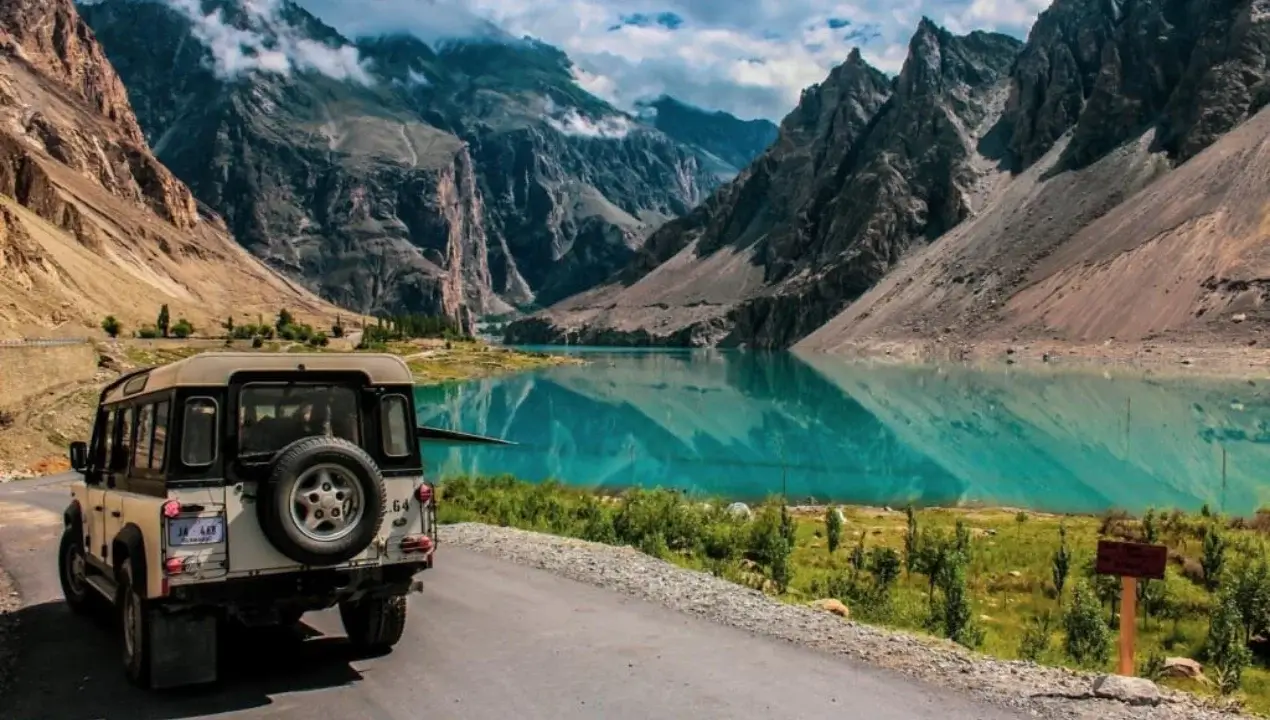Protest in Gilgit Baltistan and its echo in the UN

Gilgit-Baltistan (GB) has been in a tense situation for the past two years. In January 2024, a widespread strike across the region paralyzed life. Thousands of people in the region protested against the sharp increase in the price of subsidized flour and daily power outages, with up to 22 hours of power outages recorded in some areas per day. The government raised the price of flour from 20 to 36 rupees per kilogram (previously, a proposal was made to set it at 52 rupees). In response to this decision, rallies and meetings were held in all districts under the leadership of the "Avami Joint-Stock Committee."
By mid-2025, businesses linked to trade across the Pakistan-China border had exacerbated the issue. As a result of the seizure in the village of Sust, the Karakorum highway was closed for 40 days, and trade across the border was suspended. According to the organizers, more than 200 trucks were stranded in the open air in a dry port, causing "billions" in damage. They expressed deep dissatisfaction with Islamabad under the slogan "no tax without authorization."
Constitutional ambiguity and discontent
The GB management system has long been criticized. Although it is similar to a province, it does not have a specific status in the constitution of Pakistan. This practice was introduced by a 2009 decree, which granted autonomy but did not grant constitutional rights. This uncertainty is currently at the heart of disputes over the powers of the federal government and the rights of citizens.
Entrepreneurs exacerbate the problem by arguing that there is no legality of federal taxes in an unrepresented territory in parliament. Following major protests in 2025, the Federal Tax Committee formed a seven-member commission to review the value-added tax, income tax, and excise tax on goods imported from China and consumed in the UK. This was an indirect recognition of the necessity of a special regime.
However, the situation escalated: in August, police and protesters clashed in Sust. While the organizers claimed the use of tear gas and force, officials cited the need to maintain order.
Land rights and hydropower issue
There are also disputes over land rights in the region. At the GB Assembly, the opposition demanded the repeal of the Khalsa Sarkar laws. In their opinion, these laws lead to the deprivation of ordinary citizens of their lands and their distribution among "influential persons."
GB is also hosting major hydroelectric projects that are important for Pakistan's energy future. The main one is the Diamer-Bhasha HPP (4500 MW; 8.1 million acres of water storage), it is planned to be fully commissioned by 2028. However, the social and cultural consequences of this fall mainly on the local population. By 2018, 14,325 acres of private land had been transferred, with 32 villages, 4,266 households, and 30,350 people scheduled for relocation. Local residents have repeatedly demanded fair compensation and payment from net hydraulic revenues. In 2024, the GB government officially issued a decision to demand its rights from the center.
Climate risks and demographic changes
GB is very vulnerable to climate change. In May 2022, the Hasanabad Bridge was destroyed and communication with the upper Hunza was cut off as a result of a lake overflow on the Shishper Glacier. This situation further complicated the lives of the local population.
The demographic aspect is also contributing to the conflicts. As of 2025, the population is approximately 41% Shia, 30% Sunni, 24% Ismaili, and 6% Nurbakhshi. Baltistan has historically maintained peace between different sects. However, in recent years, investors from other regions of the country have come and bought land and commercial buildings, and local residents feel isolated. There are also claims about attempts to "change demographic advantage" by accommodating Sunni entrepreneurs.
Summary and call to the UN
Gilgit-Baltistan is currently undergoing a serious governance crisis due to constitutional uncertainty, economic discontent, and climate risks. Tax collection in an unrepresented territory in parliament, unfairness in land rights, and problems in the distribution of revenue from hydropower are causing widespread protests.
This tragedy must be conveyed to the world community. NGOs and human rights organizations should pressure the Pakistani government to fulfill its obligations. At the 60th session of the UN Human Rights Council held on September 10, 2025, the situation of the GB population and the violation of Article 49 of the Geneva Convention were raised by open vote. The Human Rights Council must stop turning a blind eye to this reality and take measures to protect this vulnerable community.
Read “Zamin” on Telegram!





















